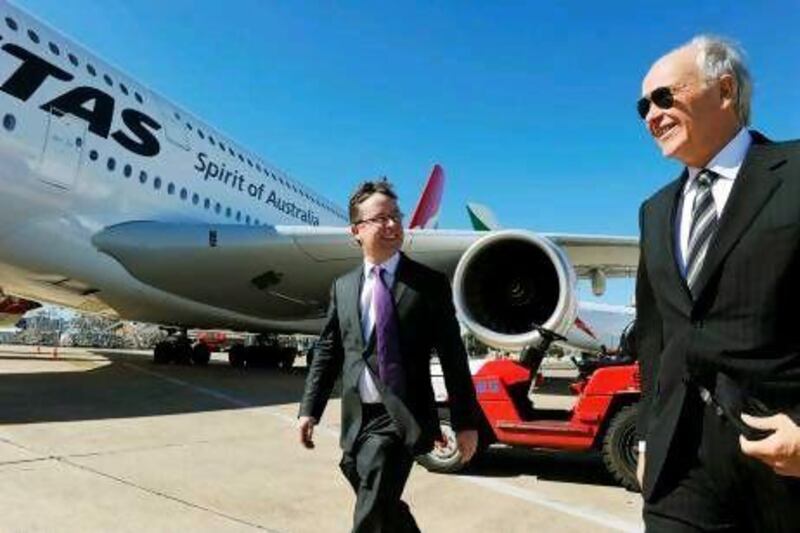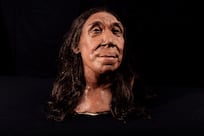Australia's growing hunt for business partners across the Middle East this year is no coincidence.
The timely search comes as economic growth in China, its biggest regional trading partner, starts to slow and the Asian country's once-ravenous demand for industrial commodities abates.
Australian firms have recently signed a flurry of deals with UAE entities, including Emirates Airline, Etihad Airways and the Abu Dhabi Investment Council.
But these have taken the form of partnerships rather than direct investments in Australia and now, as China, the world's second-largest economy pauses for breath, economists are worried a slowdown in Australia could follow. Glenn Levine, a senior economist for the Asia-Pacific region at Moody's Analytics, the economic research arm of the ratings agency, said investors are worried a sluggish Australian mining sector could spell trouble for the rest of the country's economy, which has underperformed in recent years.
"The China slowdown is becoming quite a big concern here in Australia," he said.
"We've run a two-speed economy - the mining industry and associated industries in those states that are heavily dependent on mining are doing really well. The rest of the economy, especially the financial services and real estate sectors, have been doing quite poorly."
China's rapid industrialisation and demand for raw materials sparked a decade-long boom in mineral-rich Australia and helped it dodge recession during the global financial crisis.
Mr Levine said he expected Australia to comfortably avoid recession in the year ahead, with a baseline forecast of 3.6 per cent growth of GDP this year and 3 per cent next.
Fortunately, strategic deals with investors from the Arabian Gulf are regularly being struck, assuaging some concerns over the Chinese growth slowdown.
This month, Etihad said it had taken a 10 per cent stake in Virgin Australia, followed just days later by an announcement by Emirates that it would forge links with Qantas on long-haul flights.
These deals were followed by an announcement that Australia's Goodman Group would form a US$1 billion (Dh3.67bn) joint venture with the Abu Dhabi Investment Council to make investments in logistics facilities in Japan.
DP World, a ports operator based in Dubai, had been one of the biggest UAE investors in Australia's export sector but it sold a 75 per cent stake in its operations there in late 2010 to investors including Citigroup for $1.5bn.
Private sector investment in Australia is still relatively high, rising 23.7 per cent during the second quarter compared with the same period a year earlier, according to data from the Australian Bureau of Statistics released last month.
The figures, above analysts' forecasts, gave some relief to investors who have watched steadily worsening economic data with concern.
Australia's annual growth rates have appeared impressive during much of the global financial crisis but the outlook is nevertheless deteriorating, analysts from Capital Economics wrote in a research note.
"Some slowdown seemed inevitable, after the mining investment surge in Q1, but lower commodity prices have clouded the outlook for investment," the report said.
"We expect a cooling of the mining boom and weak external demand to slow the economy further in the second half of the year."
Australia is the world's second-biggest iron ore producer after China. Prices of the metal have fallen by about a third since the start of the year. China imports almost two thirds of global production, the US Geological Survey estimates.





